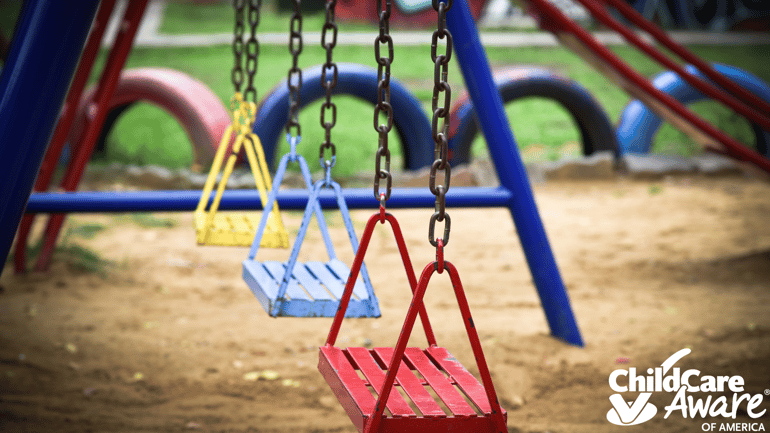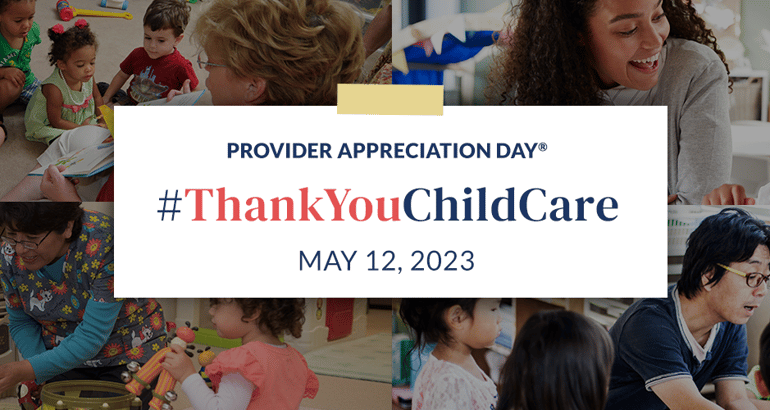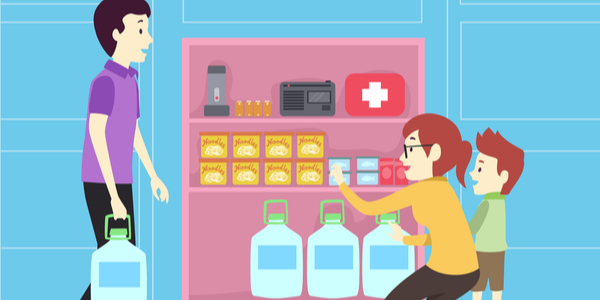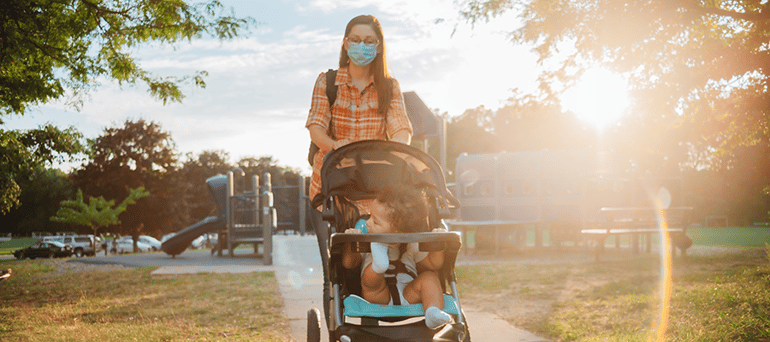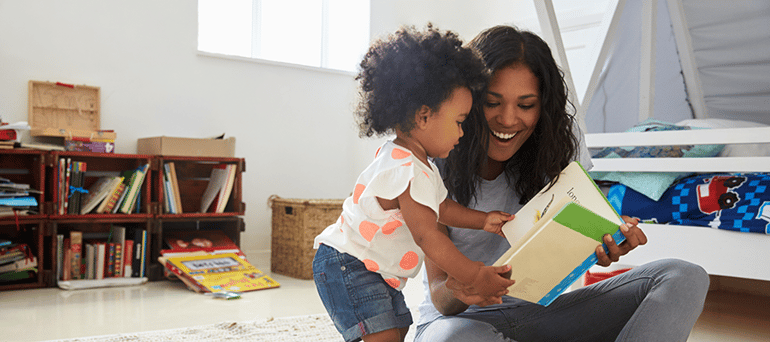Physical play is an important factor in children’s learning and supports their healthy development. Playgrounds provide spaces for children to be active, engage in imaginative play, socialize with peers and develop new skills. While public playgrounds and playspaces’ safety and access can vary across geographies, too often playgrounds are scarce, and the quality of existing playgrounds could be better: frequently consisting of broken play components, outdated equipment or surfaces that should be replaced. A lack of quality play and exercise infrastructure can negatively impact children's mental and physical well-being. Furthermore, violence within and around parks can negatively impact children's access to public parks and play spaces.


